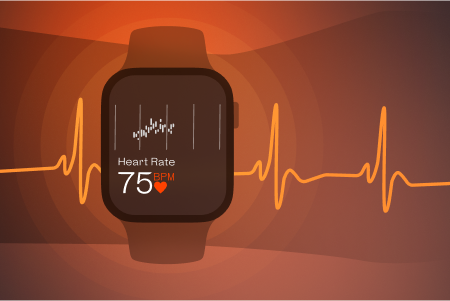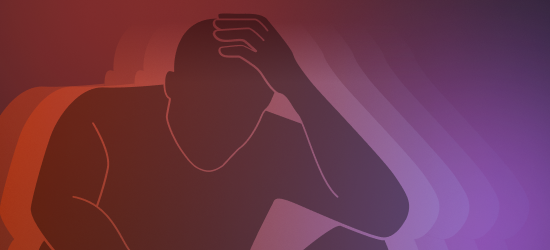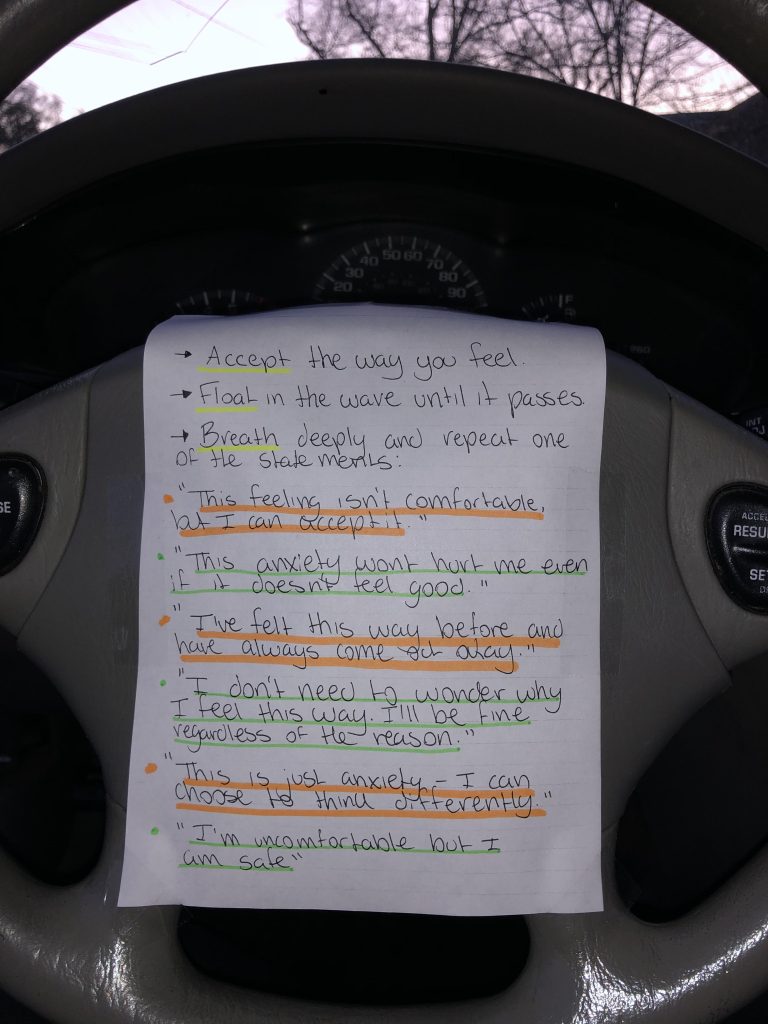


Welltory is the Ultimate HRV App




Home » Stress & Energy » What are panic attacks

A panic attack is an onset of intense fear, which can happen anywhere and at any time. It typically lasts five to twenty minutes, but even one minute can feel terrifying. There are many ways to cope with panic attacks, but the most important thing is to breathe. Let’s take a look at why panic attacks happen and how you can get through them.
A panic attack isn’t something that only takes place in the mind — the symptoms can affect your whole body. Doctors agree on a lot of common symptoms:
Other symptoms are much more individual. People describe their experiences as «my body forgot how to breathe», «I can’t stop yawning», «I go into coughing fits», and «everything around me looks unnatural».
It may even seem like you’re dying, but this is not the case: usually, you start feeling better within ten minutes. The symptoms subside entirely within a half hour.
If you feel chest pain that lingers for a long time, radiating to your arm, neck, or jaw, or you feel nauseous — and all of this is happening after a period of physical exertion — you may be having a heart attack, not a panic attack. If this is the case, seek medical assistance immediately.
Panic attacks occur when your body feels like it’s in danger. This danger response can be caused by high stress levels or major life changes — the loss of a loved one, a divorce, or moving to a different country. It can even be the result of a positive life event, like the birth of a child. The trigger for a panic attack can be anything, from a loud noise to drinking too much coffee.
While we don’t yet fully understand how panic attacks work, the most likely explanation is that our brain responds to a stressful situation(regardless of whether it’s actually stressful or not), by releasing adrenaline. This stress hormone speeds up our heart rate and breathing. Meanwhile, the brain logically understands there is no actual danger, and is confused by its own response. This means adrenaline levels continue to rise, making symptoms worse.
Not everyone experiences panic attacks, and it is still unclear as to why. Most likely, it’s a combination of hereditary factors, stress levels, personality traits, and differences in certain areas of the brain.
While most people only experience one or two panic attacks in their lives, there is no surefire way to prevent them.
Methods for managing panic attacks are different for everyone. Some people find it helpful to go for a run, while others take time to sit in a dark room, or eat some minty chocolate. If you experience panic attacks regularly, a good strategy is to carry around any items that help you focus on something other than your panic symptoms.
For instance, some people keep carry a checklist of things to do in a panic attack, and phrases that help them return to reality:

Source: Reddit
Experiencing a panic attack when you’re not at home can make the situation even more terrifying. Your usual panic symptoms can be exacerbated by worries that you’re bothering other people with your strange behavior, feeling like everyone is looking at you. Try to remember that most people won’t recognize your behavior as a panic attack, and will go about their day unless you ask them for help. Your safety and mental state are your top priority, try to find a quiet, safe place where you can practice the previously-mentioned calming routines.
If you’re having trouble getting through a panic attack on your own, don’t be afraid to ask for help. It’s best to clearly state what you need — a glass of water or a cab, for example.
Your initial approach will depend a lot on whether you and the distressed person know each other. Some people might be going through their own self-calming techniques, and a stranger’s attention or distraction would only make the situation worse.
If you do approach them, try to ask direct, simple questions, such as «Excuse me, are you having a panic attack?» or «Do you need help?». It’s important to establish that this is actually a panic attack and not a heart attack or some other crisis, and to determine what assistance they need.
During your interaction, it is very important that you yourself remain calm, and don’t use platitudes such as «it’s all in your mind» or «just try to relax». Let the person know that you’re with them and they can rely on you – say something like «I’m here to help, you’re not alone, you’re safe, I’m here as long as you need». Try not to promise anything you can’t control – «you’ll be ok» or «everything will be fine» aren’t things you can guarantee.
Do your best to remind them that the panic attack will definitely subside sooner or later, and remain with the person for as long as you can.
Welltory Team, 23 Feb. 2023
 App Store
App Store
 Google Play
Google Play
 Huawei AppGallery
Huawei AppGallery
 Galaxy Store
Galaxy Store

